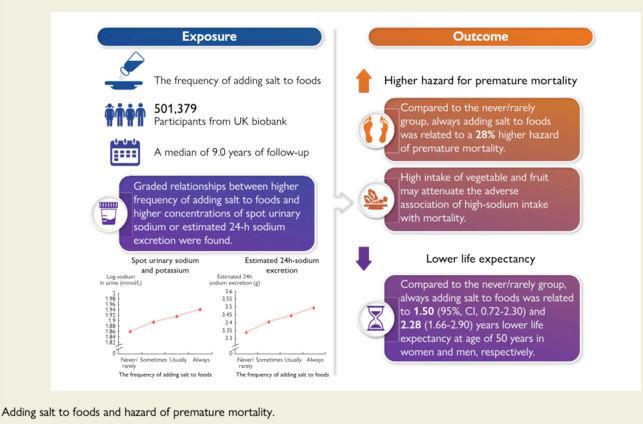Uncover the surprising factors that impact how drunk you get. From genetics to hydration, your drunkenness quotient is more complex.
Table of Contents
Ever found yourself pondering the age-old question: “How many beers does it take to get drunk?” The answer may not be as straightforward as you think. Alcohol metabolism, individual tolerance levels, and a myriad of other factors all play a role in determining just how intoxicated you might get after a few drinks.
Alcohol Metabolism
Alcohol metabolism is a complex process that occurs primarily in the liver. When you consume alcohol, enzymes in the liver break it down into acetaldehyde and then further into acetate. These byproducts are eventually converted into carbon dioxide and water, which are then excreted from the body.
Factors such as age, gender, weight, and overall health can influence how quickly your body metabolizes alcohol. Generally, younger individuals tend to metabolize alcohol more quickly than older individuals, while men typically metabolize alcohol faster than women due to differences in body composition.
One important thing to note is that the rate at which alcohol is metabolized does not change, regardless of how much alcohol is consumed. This means that drinking more alcohol will not speed up the metabolism process and can actually lead to a build-up of acetaldehyde in the body, contributing to hangover symptoms.
Tolerance Levels
Tolerance refers to the body’s ability to adapt to the effects of alcohol over time. Individuals with higher tolerance levels may require more alcohol to achieve the same level of intoxication compared to those with lower tolerance levels. Factors influencing tolerance levels include genetic predisposition, frequency of alcohol consumption, and overall drinking habits.
It’s important to note that tolerance does not equate to immunity to the negative effects of alcohol. Even individuals with high tolerance levels are still at risk of alcohol-related health issues, such as liver damage and alcohol dependence, if they consume alcohol excessively.
Factors Influencing Intoxication
Several factors can influence how quickly someone becomes intoxicated after consuming alcohol. One key factor is whether alcohol is consumed on an empty stomach or a full stomach. Food in the stomach can help slow down the absorption of alcohol into the bloodstream, leading to a slower onset of intoxication.

Image courtesy of www.bionity.com via Google Images
Hydration levels also play a role in intoxication. Staying hydrated while drinking can help dilute the alcohol in your system and reduce the risk of dehydration and hangover symptoms. Pacing yourself and avoiding binge drinking can also help prevent rapid intoxication and its associated risks.
Other factors that can impact intoxication levels include the type of alcohol consumed, the rate of consumption, and individual variations in metabolism and tolerance levels. Understanding these factors and how they interact can help individuals make informed decisions about their alcohol consumption and reduce the likelihood of negative consequences.
Conclusion
So, how many beers does it take to get drunk? The answer is not a simple one and varies from person to person based on a multitude of factors. By understanding the science behind alcohol metabolism, individual tolerance levels, and the various factors influencing intoxication, individuals can make more informed choices about their alcohol consumption and minimize the risks associated with excessive drinking.
Remember, responsible drinking is key to enjoying alcohol in a safe and enjoyable manner. Know your limits, stay hydrated, and always prioritize your health and well-being when consuming alcohol.
FAQ
How does genetics influence alcohol metabolism?
Genetics can impact how quickly your body metabolizes alcohol, affecting your tolerance levels and how drunk you get. Variations in enzymes that break down alcohol can lead to differences in alcohol sensitivity among individuals.
Does drinking on an empty stomach make you drunk faster?
Yes, consuming alcohol on an empty stomach can lead to faster absorption and onset of intoxication. Food in the stomach can slow down the absorption process, helping to delay the effects of alcohol.
Can staying hydrated reduce intoxication levels?
Yes, staying hydrated while drinking can help dilute alcohol in your system, reducing the concentration of alcohol in your bloodstream. This can help lessen the effects of intoxication and minimize the risk of dehydration and hangover symptoms.
Are men more likely to get drunk faster than women?
Generally, yes. Due to differences in body composition and enzyme activity, men tend to metabolize alcohol faster than women. This can result in men achieving higher blood alcohol concentrations more quickly than women when consuming the same amount of alcohol.
Generated by Texta.ai Blog Automation


Leave a Reply